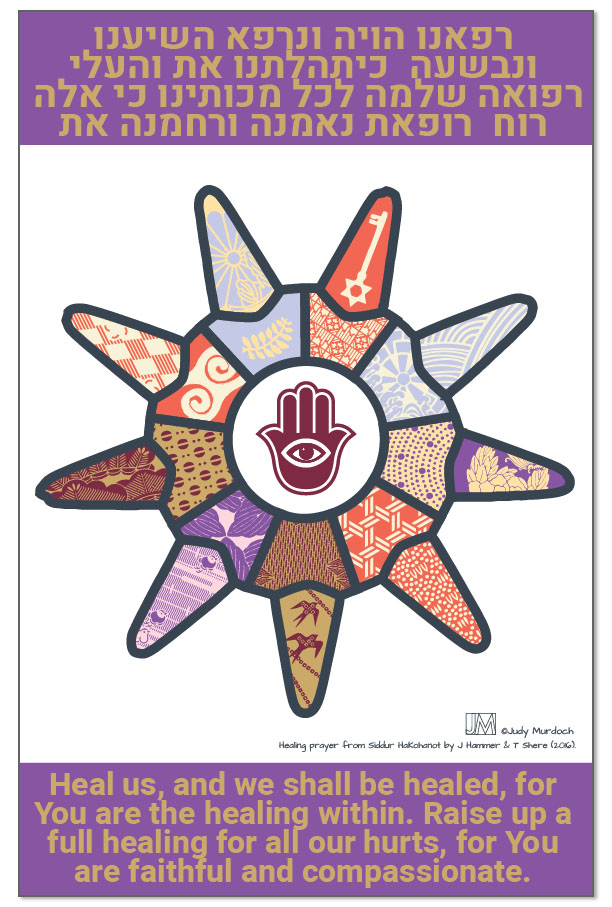
I’ve dealt with depression for most of my adult life. My depression is miserable but manageable. On the surface, I seem like I’m just fine. Under the facade I’m living in a grey world. Nothing appeals to me. Nothing seems to matter. You might say that “the lights are on but nobody’s home.”
I take meds and they help. But I still spend more time than I want in this grey, foggy place.
The worst is when I get into a “nobody cares” mode. I understand, intellectually, that to have more of what I want in my life, I need to do things that are uncomfortable. For example, I want to move into a smaller place and one step toward this goal is to get rid of stuff that has been accumulating for over 20-years. Everyday I set the intention to spend 30-minutes sorting through clutter in my office. More often or not I never get around to doing this.
This is because when I approach the task, a wet blanket of “nobody cares” plops over me. My rational mind tells me all the great reasons for sorting through a dust-covered “mystery box” but other little voices say, “you’ll never get enough done to make a difference,” “it’s going to be miserable and scary,” “the only person who cares is you,” and “where’s the reward in this?” I find those little voices compelling.
Later I realize another day has gone by and I haven’t done what I intended to do and I feel even worse. I get down on myself for being lazy and lacking in self-discipline.
The “you need to do this,” “why bother,” “bad, lazy me,” pattern is a vicious cycle.
Comfort and witnessing enables me to break this cycle.
After anchoring in my environment and body, I call a safe, helpful spiritual guide to protect me and help me look with kindness on where the depression lives in my body. When I witness this place, I inquire gently, “what do you want me to know?”
Quite often the act of compassionate witnessing is enough to loosen the knot inside where the depression lives. When the depression has something to share it isn’t “please fix me.” Depression is often there to protect me so I don’t have to deal with an old hurt or trauma. Again, the act of witnessing has the effect of healing those old hurts.
It’s important note here what I’m not doing. I’m not relieving what happened to create the trauma. I’m not retelling painful stories. I’m simply finding where the depression resides in my body and noticing it. Without judgement. Without any intention to “fix” it.
I use this blessing when I do the Witnessing and Comfort Practice:
Heal us, and we shall be healed, for You are the healing within.
Raise up a full healing for all our hurts, for You are faithful and compassionate.
from Siddur HaKohanot by Jill Hammer and Tap Shere. 2016
When I do this practice, I find much of the heaviness and despondency has lifted. The resistance I felt has lost its edge. And I am able to move forward and do the next right thing.

I so relate to everything you wrote, Judy. Thank you for sharing from your heart. Your words have so much wisdom.
The looking inside with no judgement and no intention to fix is so huge!!!
Thank you for your words and beautiful card!!!
blessings,
annmarie
Thank you, Annmarie for your kind words. Yes, witnessing without the need to judge or fix is liberating! I think that simple practice in itself is very healing because usually that’s all those parts of us want. Love and blessings to you 🙂